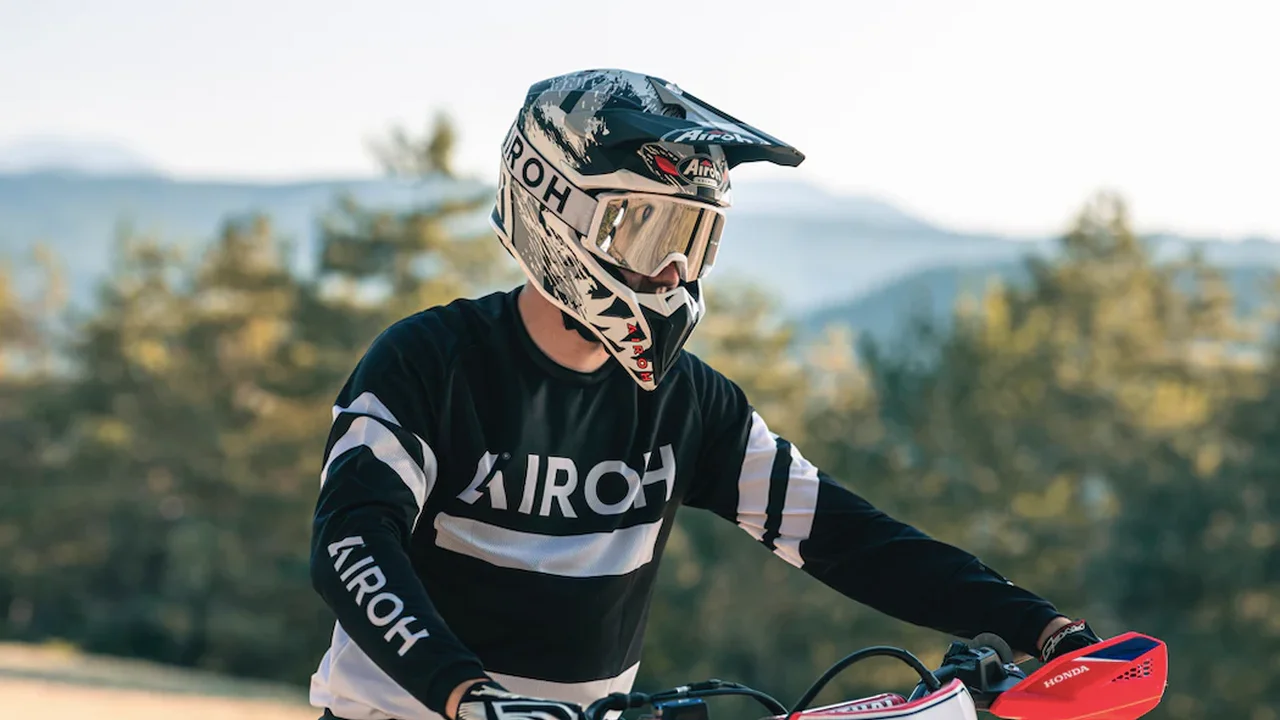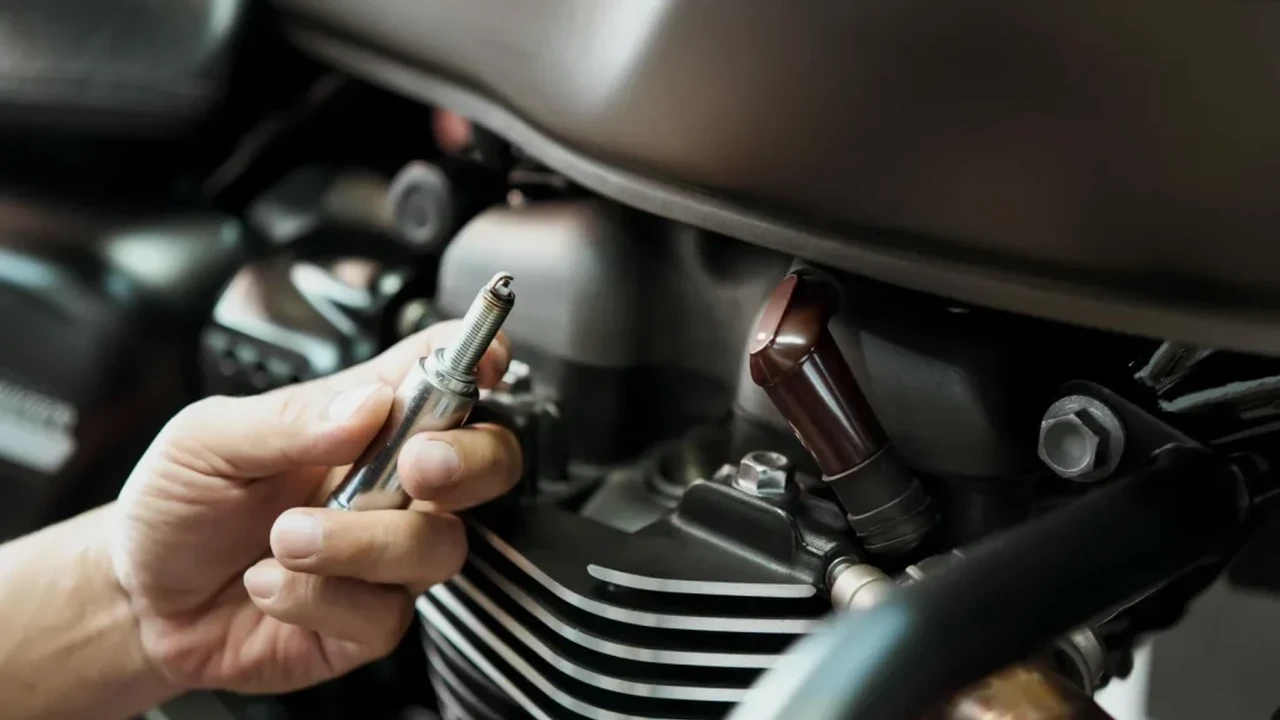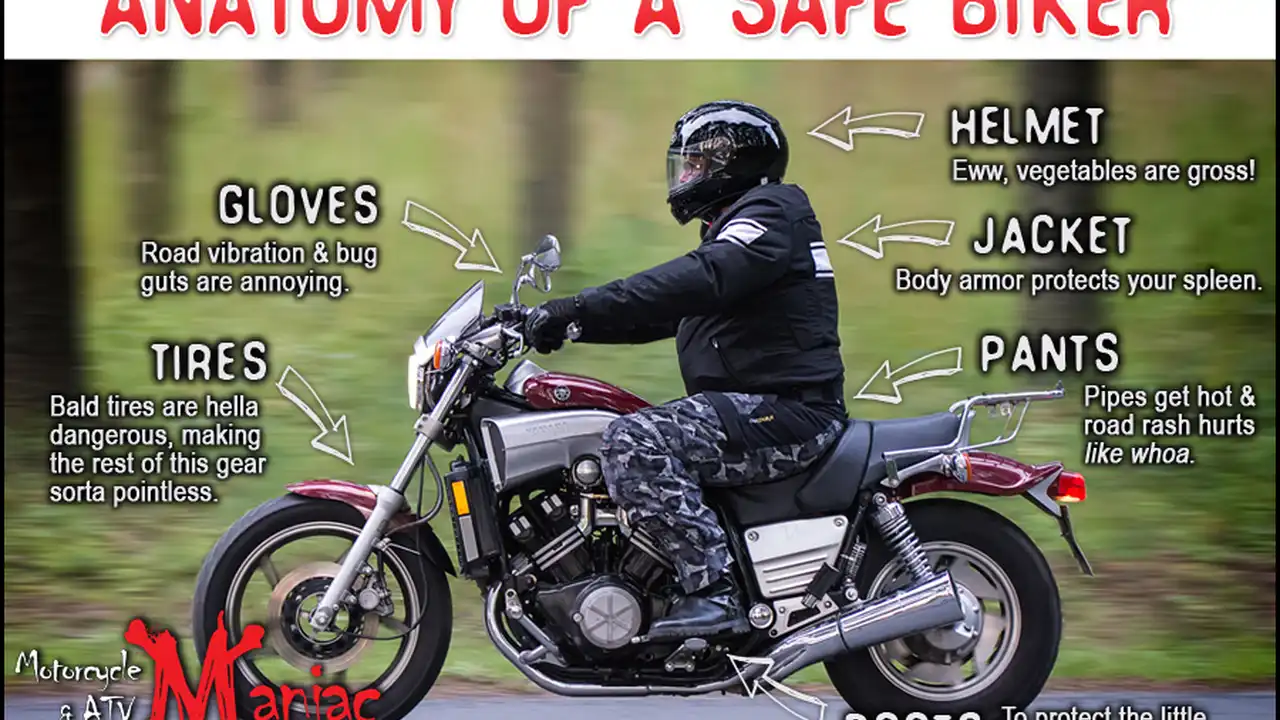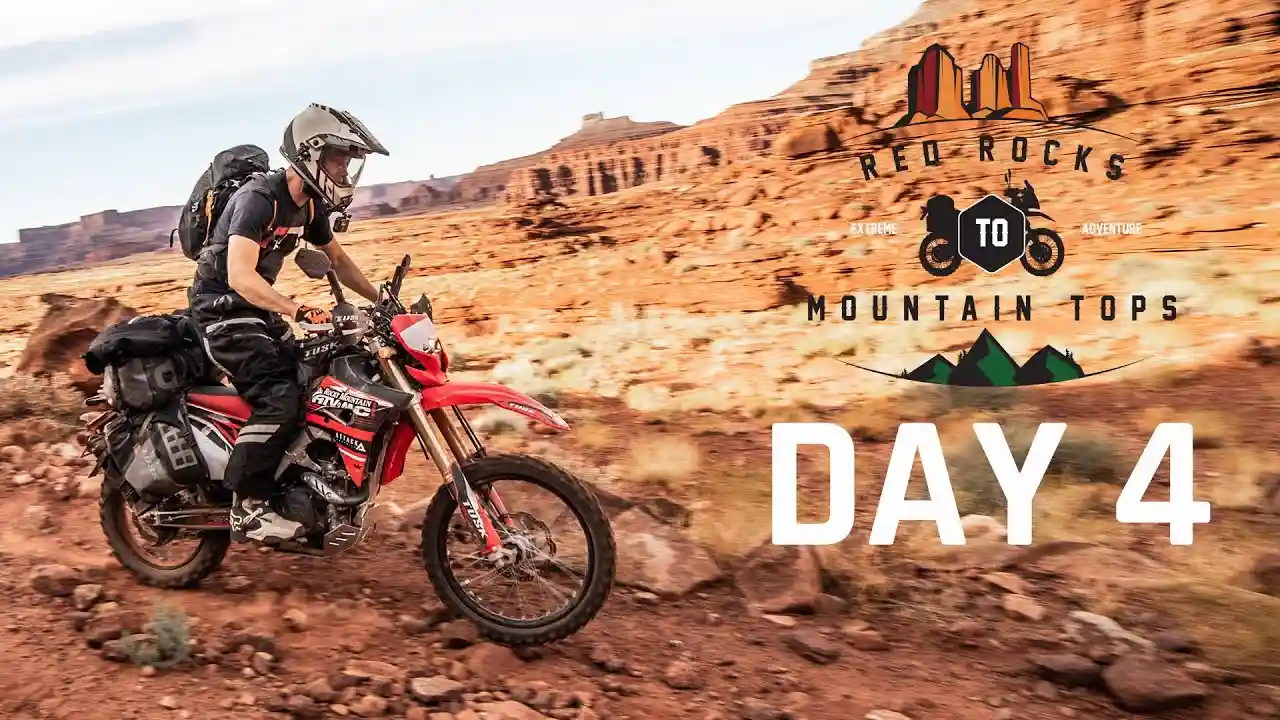ADV Motorcycle Touring: Finding Free Campsites
Finding free campsites while ADV motorcycle touring can be a game-changer for budget travelers and those seeking off-the-beaten-path adventures. This guide explores the art of finding free campsites, covering essential resources, practical tips, gear recommendations, and product comparisons to help you make the most of your motorcycle touring experience. Get ready to discover hidden gems and enjoy the freedom of camping under the stars, all without breaking the bank.
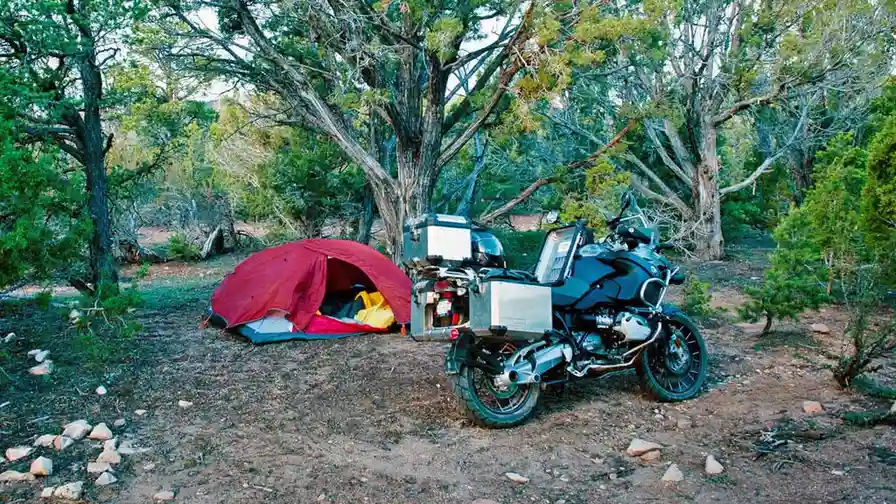
ADV Motorcycle Camping Gear Finding Free Campsites: Essential Resources for Free Camping Discovery
The digital age has revolutionized how we find free campsites. Forget relying solely on word-of-mouth; several online resources can pinpoint potential locations. Let's dive into some of the most popular:
- Freecampsites.net: This website is a treasure trove of user-submitted campsites. It allows you to search by location and filter by amenities, such as water sources and restroom facilities. User reviews are invaluable, offering insights into the site's accessibility, noise levels, and overall appeal.
- Campendium: Similar to Freecampsites.net, Campendium provides detailed information about campsites, including user reviews, photos, and GPS coordinates. It also distinguishes between free and paid sites, making it easy to narrow your search. Campendium also includes BLM (Bureau of Land Management) and National Forest lands, which often allow dispersed camping.
- iOverlander: Designed specifically for overland travelers, iOverlander is a crowdsourced database of camping spots worldwide. It’s particularly useful for finding remote and off-the-grid locations. Users often provide detailed descriptions of access roads, potential hazards, and the overall camping experience.
- Bureau of Land Management (BLM) and National Forest Service (NFS) Websites: These government websites are your direct link to public lands. They provide information on dispersed camping regulations, including permissible areas and any restrictions, such as fire bans. Downloadable maps are also available.
- Gaia GPS: While not exclusively for finding campsites, Gaia GPS is a powerful navigation app that allows you to overlay maps with public lands boundaries. This helps you identify areas where dispersed camping is permitted. The app also works offline, which is crucial when exploring remote areas without cell service.
ADV Motorcycle Navigation Finding Free Campsites: Master the Art of Dispersed Camping
Dispersed camping, also known as boondocking or dry camping, refers to camping outside of designated campgrounds on public lands. It's a fantastic way to experience nature's solitude, but it requires careful planning and responsible practices.
- Know the Regulations: Before setting up camp, familiarize yourself with the local regulations. BLM and NFS websites are your go-to resources. Pay attention to fire restrictions, length-of-stay limits (usually 14 days), and any specific guidelines for camping in the area.
- Leave No Trace: This is paramount. Pack out everything you pack in, including trash, food scraps, and human waste. Use established fire rings when available, and never cut live trees for firewood. Dispose of human waste properly by digging a cathole at least 6 inches deep and 200 feet away from water sources, trails, and campsites.
- Water is Key: Access to water is crucial for dispersed camping. Carry enough water for drinking, cooking, and cleaning. Consider investing in a water filter or purification tablets as a backup. Research potential water sources in the area beforehand, but always treat the water before consumption.
- Safety First: Dispersed camping often means being far from help. Inform someone of your itinerary and expected return date. Carry a satellite communication device, such as a Garmin inReach or SPOT device, for emergency situations. Be aware of wildlife and take precautions to store food properly to avoid attracting animals.
- Choose Your Campsite Wisely: Look for established campsites or areas that show signs of previous use. Avoid camping near water sources or sensitive vegetation. Consider the terrain and potential hazards, such as falling rocks or unstable ground.
ADV Motorcycle Gear Finding Free Campsites: Essential Camping Gear for Motorcycle Touring
Packing light is essential for motorcycle touring, but you still need the right gear for a comfortable and safe camping experience. Here's a breakdown of essential camping gear:
- Tent: Opt for a lightweight and compact tent that can withstand the elements. Consider a single-person or two-person tent depending on your needs. Look for features like waterproof construction, good ventilation, and easy setup. Brands like Big Agnes, MSR, and Nemo offer excellent options.
- Sleeping Bag: Choose a sleeping bag with a temperature rating appropriate for the climate you'll be camping in. Down sleeping bags are lightweight and compressible, but synthetic bags perform better in wet conditions. Consider a sleeping bag liner for added warmth and hygiene.
- Sleeping Pad: A sleeping pad provides insulation and cushioning for a comfortable night's sleep. Inflatable sleeping pads are compact and lightweight, while foam pads offer durability and reliability. Therm-a-Rest and Sea to Summit are reputable brands.
- Cooking System: A compact cooking system is essential for preparing meals on the road. Consider a backpacking stove that runs on propane or butane fuel. Pack a lightweight pot, pan, and utensils. MSR PocketRocket and Jetboil are popular choices.
- Water Filter or Purification Tablets: Access to clean water is crucial. A water filter can remove bacteria and protozoa from water sources, while purification tablets kill viruses and bacteria. Sawyer Squeeze and Katadyn BeFree are reliable water filter options.
- Headlamp or Flashlight: A headlamp or flashlight is essential for navigating around camp at night. Choose a lightweight and durable model with a long battery life. Petzl and Black Diamond offer excellent headlamp options.
- First-Aid Kit: A well-stocked first-aid kit is a must-have for any outdoor adventure. Include essentials like bandages, antiseptic wipes, pain relievers, and any personal medications. Consider adding a wilderness first-aid course to your skill set.
- Multi-Tool: A multi-tool can be a lifesaver for repairs and other tasks around camp. Choose a model with a variety of tools, such as a knife, pliers, screwdriver, and saw. Leatherman and Gerber are well-known brands.
- Camp Chair: A lightweight and compact camp chair can provide a comfortable place to relax after a long day of riding. Helinox Chair Zero and REI Co-op Flexlite Chair are popular choices.
ADV Motorcycle Product Comparison Finding Free Campsites: Gear Recommendations and Reviews
Choosing the right gear can make or break your ADV motorcycle camping experience. Here's a comparison of some popular products:
Tents
* Big Agnes Copper Spur HV UL2: Lightweight, spacious, and easy to set up. Ideal for solo travelers or couples. Price: $450 - $550. * MSR Hubba Hubba NX: Durable, weatherproof, and versatile. A great option for all-weather conditions. Price: $400 - $500. * Nemo Hornet Elite 2P: Ultralight and compact. Perfect for minimizing weight and bulk. Price: $420 - $520.Sleeping Bags
* REI Co-op Magma 15: Down sleeping bag with excellent warmth-to-weight ratio. Price: $350 - $450. * Therm-a-Rest Questar 20: Down sleeping bag with a comfortable fit and reliable warmth. Price: $300 - $400. * Sea to Summit Spark SpII: Ultralight down sleeping bag for warm-weather camping. Price: $380 - $480.Sleeping Pads
* Therm-a-Rest NeoAir XLite: Inflatable sleeping pad with excellent comfort and insulation. Price: $180 - $220. * Sea to Summit Ether Light XT Insulated: Inflatable sleeping pad with extra thickness for added comfort. Price: $200 - $250. * Nemo Tensor Insulated: Inflatable sleeping pad with quiet and comfortable construction. Price: $170 - $210.Cooking Systems
* MSR PocketRocket 2: Lightweight and compact stove with fast boiling times. Price: $45 - $55. * Jetboil Flash: Integrated cooking system with rapid boiling and easy cleanup. Price: $130 - $150. * Primus Lite Plus: Compact and efficient stove with integrated pot support. Price: $120 - $140.Water Filters
* Sawyer Squeeze Water Filter: Lightweight and versatile filter with a high flow rate. Price: $30 - $40. * Katadyn BeFree Water Filter: Collapsible filter with a fast flow rate and easy cleaning. Price: $40 - $50. * LifeStraw Personal Water Filter: Simple and effective straw filter for drinking directly from water sources. Price: $20 - $30.ADV Motorcycle Finding Free Campsites: Tips for Responsible and Ethical Camping
Finding free campsites is a privilege, and it's essential to practice responsible and ethical camping to ensure that these resources remain available for future generations.
- Minimize Your Impact: Stay on established trails and campsites to avoid damaging vegetation. Pack out all trash, including food scraps and toilet paper. Avoid using soap or detergents in water sources.
- Respect Wildlife: Observe wildlife from a distance and never feed animals. Store food properly to avoid attracting animals to your campsite. Be aware of your surroundings and take precautions to avoid encounters with dangerous animals.
- Be Considerate of Others: Keep noise levels to a minimum, especially during quiet hours. Respect other campers' privacy and avoid trespassing on private property. Leave the campsite cleaner than you found it.
- Follow Fire Safety Guidelines: Check for fire restrictions before building a campfire. Use established fire rings when available, and never leave a fire unattended. Keep water and a shovel nearby to extinguish the fire completely.
- Support Local Communities: Purchase supplies and services from local businesses whenever possible. Respect local customs and traditions. Be a responsible and respectful visitor.
ADV Motorcycle Avoiding Problems Finding Free Campsites: Troubleshooting Common Camping Challenges
Even with careful planning, unexpected challenges can arise during your camping trip. Here are some tips for troubleshooting common camping problems:
- Dealing with Mosquitoes and Bugs: Use insect repellent containing DEET or picaridin. Wear long sleeves and pants, especially during dusk and dawn. Consider using a mosquito net for your tent or hammock.
- Staying Warm in Cold Weather: Layer your clothing with moisture-wicking base layers, insulating mid-layers, and a waterproof outer layer. Wear a hat and gloves to prevent heat loss. Use a sleeping bag with a temperature rating appropriate for the conditions.
- Keeping Cool in Hot Weather: Camp in shaded areas or near water sources. Wear lightweight and breathable clothing. Drink plenty of water to stay hydrated. Use a cooling towel or bandana to help regulate your body temperature.
- Dealing with Rain and Wet Conditions: Use a waterproof tent with a rainfly. Pack a waterproof jacket and pants. Keep your gear dry in waterproof bags or containers. Avoid setting up camp in low-lying areas that are prone to flooding.
- Fixing Gear Malfunctions: Carry a repair kit with essential items like duct tape, a multi-tool, and spare parts. Learn basic repair techniques for your tent, sleeping bag, and other gear.
ADV Motorcycle Finding Free Campsites: Enjoying the Freedom of Free Camping
Finding free campsites opens up a world of possibilities for ADV motorcycle touring. It allows you to explore remote and beautiful areas, connect with nature, and save money on accommodation. By following these tips and practicing responsible camping, you can enjoy the freedom of free camping while minimizing your impact on the environment.
:max_bytes(150000):strip_icc()/277019-baked-pork-chops-with-cream-of-mushroom-soup-DDMFS-beauty-4x3-BG-7505-5762b731cf30447d9cbbbbbf387beafa.jpg)



